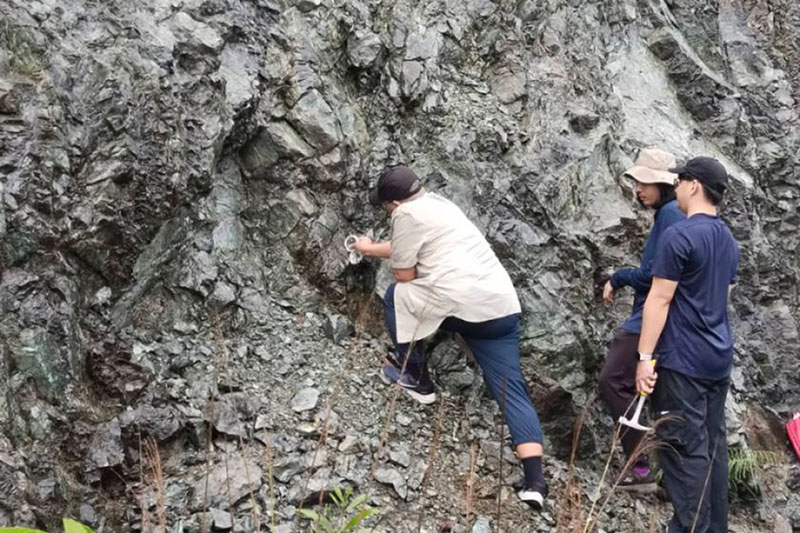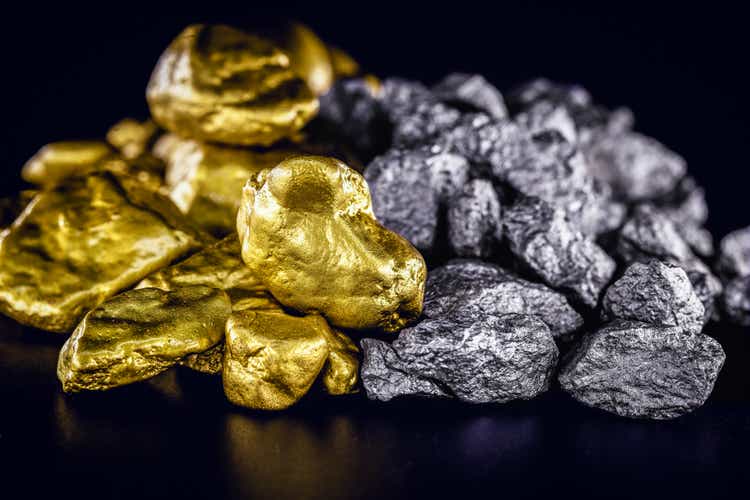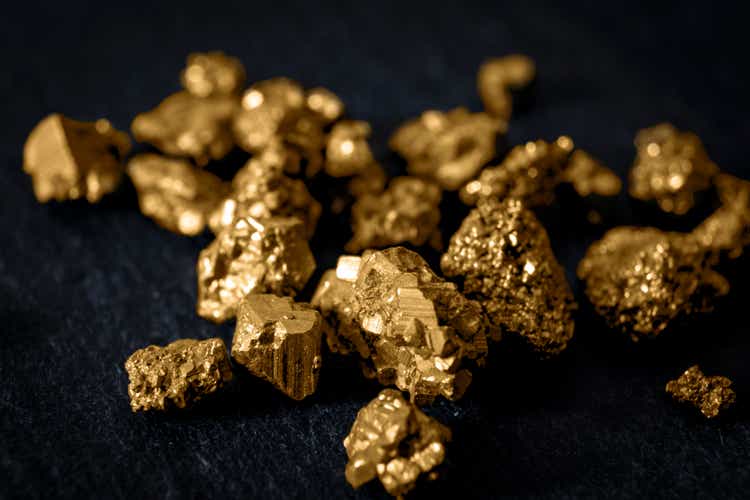 DOE
DOETHE Department of Energy (DoE) said sites in Zambales and Pangasinan have been designated for possible hydrogen exploration, pending the President’s approval for the award of the first service contracts.
At a briefing on Wednesday, Demujin F. Antiporda, assistant director at the DoE’s Energy Resource Development Bureau, announced plans for initial surveys of two pre-determined areas (PDAs).
The surveys will generate baseline geological and environmental data to guide explorers.
“By screening these areas, the survey will help guide service contractors in prioritizing locations for more comprehensive exploration,” Mr. Antiporda said. “In essence, it lays the groundwork for what approaches to take in the pursuit of developing clean and sustainable energy resources.”
He said the surveys will seek to detect surface indicators like hot springs, ophelitic rocks, and permeations associated with natural hydrogen generation.
“The DoE aims to reduce exploration risks, streamline technical studies, and ensure alignment with safety and environmental standards,” Mr. Antiporda said.
The DoE considers hydrogen a clean alternative fuel that can be used as an energy carrier to store, move, and deliver energy from other sources.
The DoE’s technical team conducted field assessments of the Mangatarem Hot Spring in Pangasinan, and the Botolan Hot Spring and the Nagsasa Seeps in Zambales.
The survey also seeks to support ongoing research by the Philippine Nuclear Research Institute (PNRI), which identified San Antonio, Zambales as having “the highest natural hydrogen gas seep ever recorded.”
The PNRI study found that the Nagsasa seep in San Antonio, Zambales emits over 800 tons of natural hydrogen annually, with the potential for even greater subsurface reserves.
The two PDAs were part of the 2024 Philippine Bid Round, covering an estimated 134,096 hectares and 96,439 hectares, respectively.
“The Philippines is the first country to introduce a policy framework for the exploration of native hydrogen,” Mr. Antiporda said.
“(The service contracts are with) the Office of the President right now, and we are in constant communication with them regarding all the requirements,” he said.
Meanwhile, the DoE said it will conduct training on native hydrogen exploration, a specialized course for technical participants, later this year.
“We also want to build the country’s technical capacity to explore and develop (our own) energy resources,” Mr. Antiporda said. “This means equipping our scientists, engineers, and technical personnel with the skills, tools, and training needed to conduct advanced research and fieldwork in emerging energy frontiers such as the native hydrogen.” — Sheldeen Joy Talavera

 3 hours ago
1
3 hours ago
1



















 English (US) ·
English (US) ·